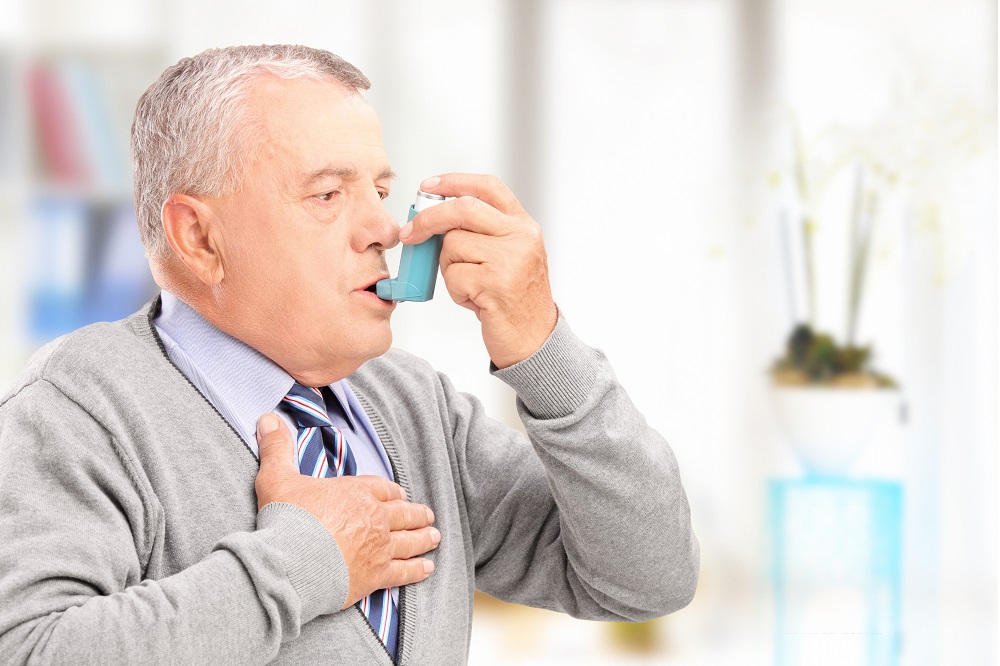If you’ve been living with asthma for years, for sure, you know the notorious triggers: dust, mold, pet dander, smoke and the other nasty allergens. This is the reason that at the top of every guide for managing this health problem is the advice to have a squeaky clean home.
But the thing is even if you’ve get rid of all the pesky irritants at your space, you can still be vulnerable to flare-ups, precisely because of other triggers. Triggers you didn’t know, you never would have expected, most likely. Here are some of those things.
Emotions
Believe it or not, extreme emotions can very well trigger an episode. When you cry intensely or laugh hard, the body’s breathing pattern changes, sometimes blocking airflow. It’s like hyperventilating, which triggers an asthma attack. While everyone who has a history of the health problem is prone to this, some people are more at risk.
For instance, those whose asthma hasn’t been managed in the last years. Your body isn’t equipped to handle triggers, so extreme emotions can overwhelm it and trigger an asthmatic response. For this reason, it’s important to follow your asthma action plan. Consult your family doctor in Salem to know the lifestyle changes you need to manage asthma symptoms.
Thunderstorms
Although uncommon in the U.S., some people suffer asthma attacks when the weather is bad, particularly in the middle of a heavy rain. What happens here is as the storm forms, grains of pollen get swooped up into the clouds, released into the air later on when they absorb a certain amount of water and pop. When you inhale these tiny bits of pollen, there’s a good chance you’re going to suffer a flare-up.

Most people who experience thunderstorm asthma are those who have hay fever or allergic reactions to grass pollen. So if you have such, you better keep your inhaler close during bad weathers. As much as possible, stay indoors and close your windows until an hour or two after the storm passes. Be aware of red-flag symptoms, such as face or lips turning blue, chest not relaxing when exhaling, and skin around the breastbone getting sucked in when inhaling. Call an ambulance or your family doctor immediately in this case.
Stress
The body goes into fight or flight mode when you’re under stress. This prompts the body to increase the heart rate, tense up the muscles and make breathing fast and shallow. This change can all contribute to the common asthma symptoms, like coughing and tightening of the chest. Add here the fact that people don’t usually make the best decisions when they’re stressed out.
For instance, some lash out on people. Others drink or smoke. Some skip on their medications. All these can trigger asthma episodes. What should you do then? Take note of your stress triggers. From there, you have two options when you’re confronted. Either avoid it or deal with it head-on. If you could get away from it, by all means, do it. If you have to face it, pause and try to reorient your mind to a positive perspective.
It’s not only the dust or the pet dander in your home that’s triggering your asthma episodes. It may be these mentioned factors. Keep an eye on them to avoid flare-ups.

